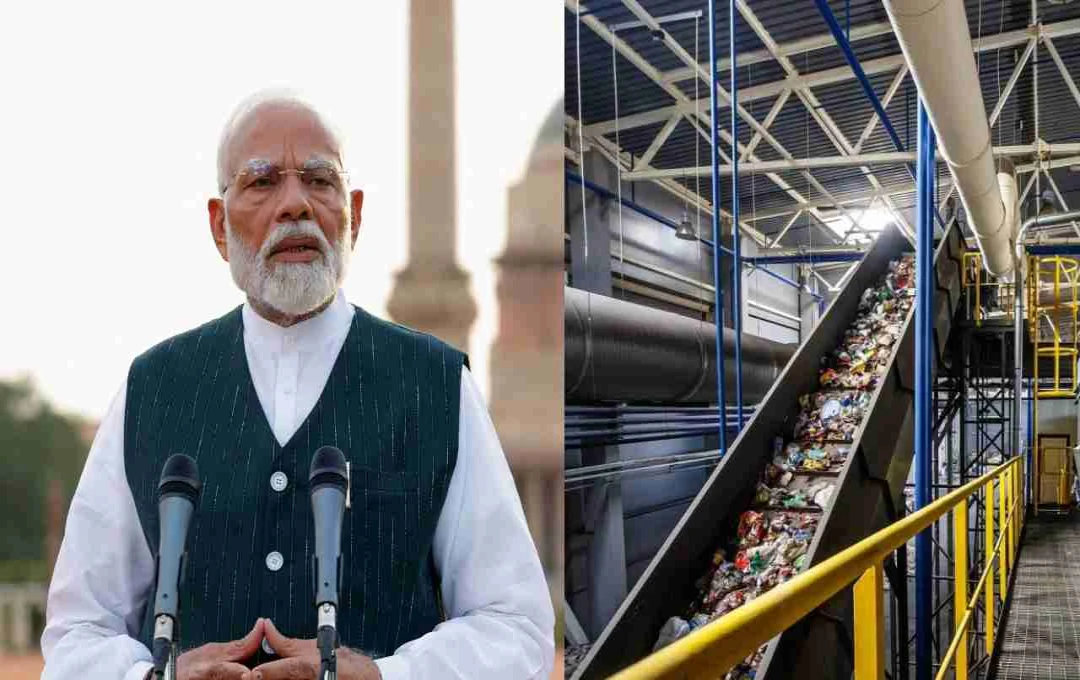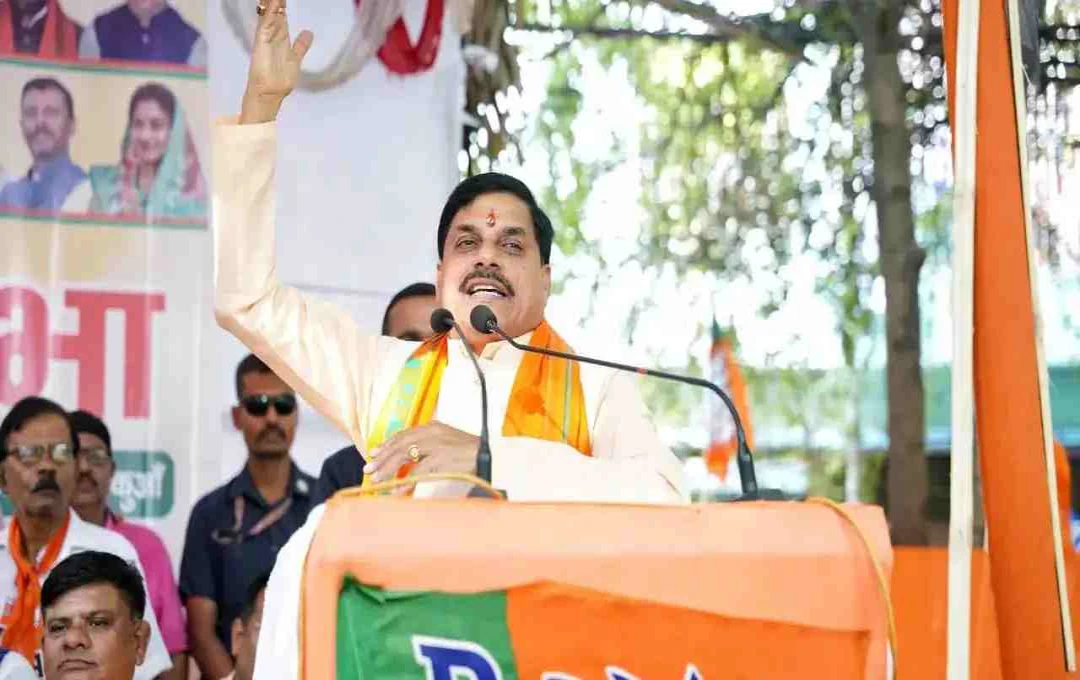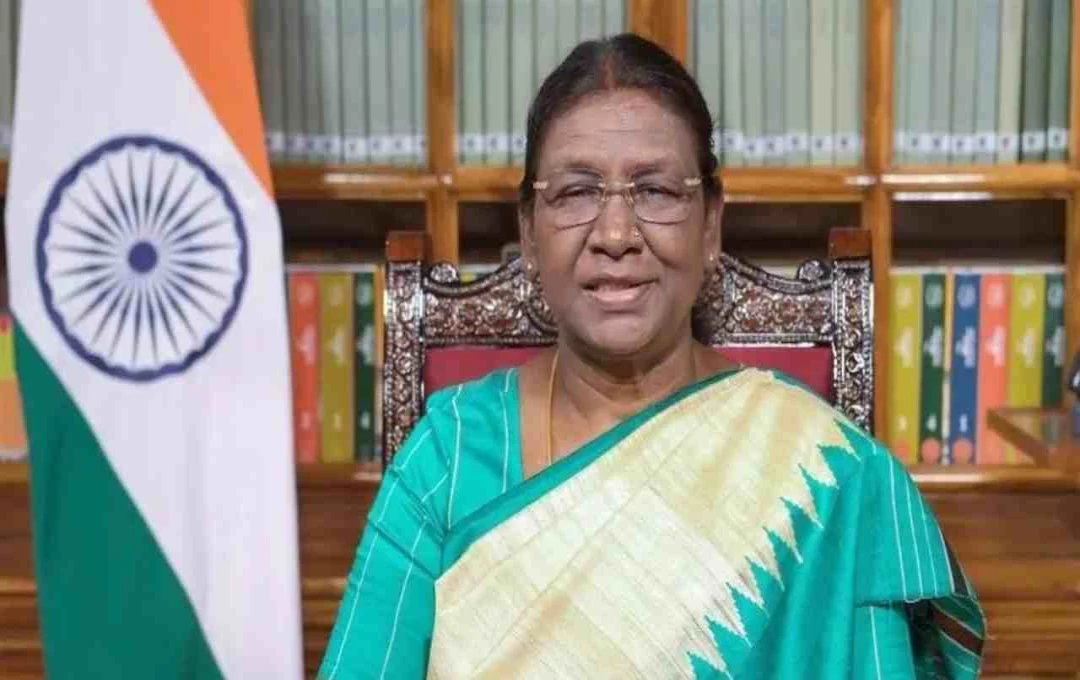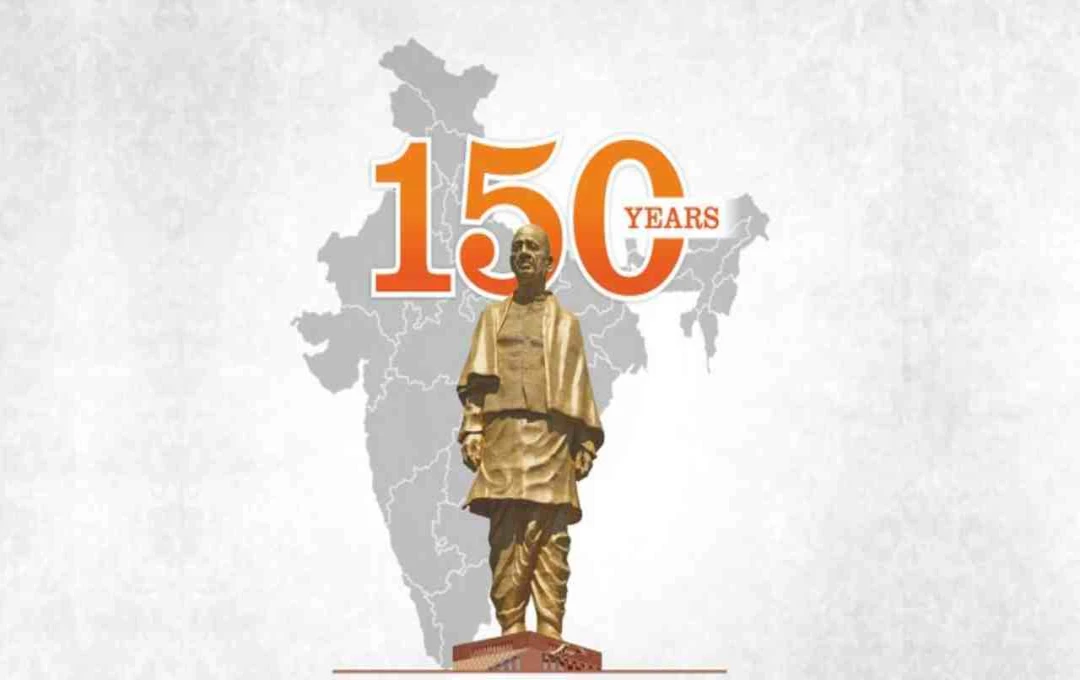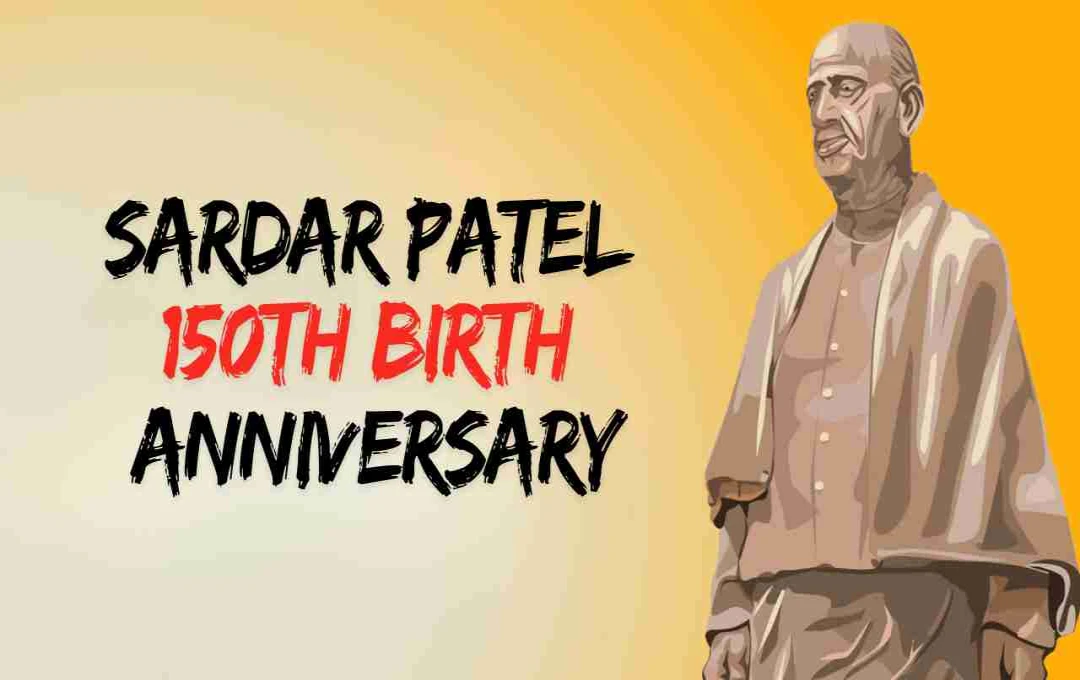PepsiCo India has launched a novel initiative, ‘Tidy Trails,’ to tackle the challenge of plastic pollution. This initiative, in collaboration with ‘The Social Lab,’ has been launched in New Delhi, the national capital.
Business: Considering the growing problem of plastic waste, PepsiCo India, in partnership with ‘The Social Lab,’ has launched the ‘Tidy Trails’ initiative in Delhi. This program focuses on collecting, sorting, and recycling plastic waste. It also involves the creation of street furniture. The initiative aims to promote a culture of cleanliness and contribute to sustainable development.
Initiative Towards Plastic Management
On the occasion of World Environment Day (June 5th), PepsiCo India, in collaboration with the social organization ‘The Social Lab,’ launched the ‘Tidy Trails’ program in Delhi to responsibly manage plastic waste. This program not only focuses on waste collection and disposal but also aims to bring about long-term change by raising awareness among the general public.
What is ‘Tidy Trails’?
‘Tidy Trails’ is a community-based program aimed at responsibly collecting, sorting, and recycling plastic waste. This initiative is being implemented specifically in urban areas where the volume of plastic waste is high. In the first phase of this project, it has been implemented in Chandni Chowk, a busy market area in Delhi.
Under the program, shopkeepers and local traders have been provided with large dustbins for collecting plastic waste. Additionally, plastic waste is being collected regularly through a dedicated mobile van.
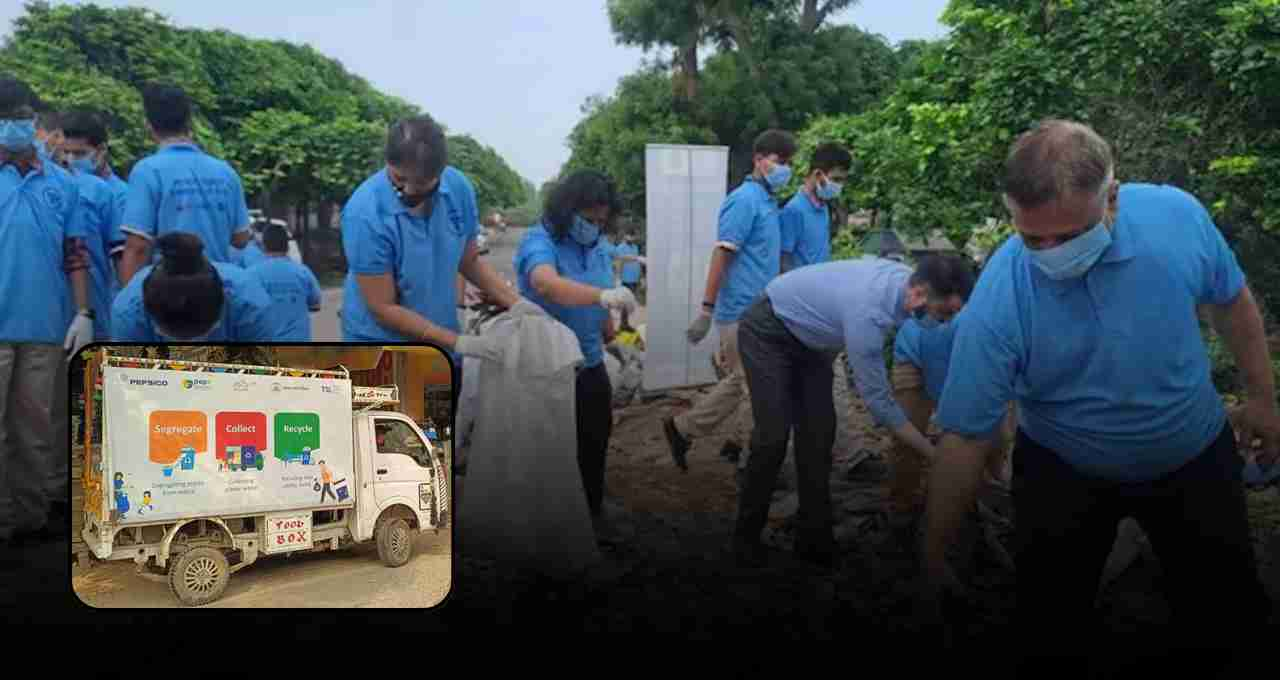
PepsiCo India's Vision
Yashika Singh, Chief Corporate Affairs Officer and Head of Sustainability, PepsiCo India and South Asia, explained that this initiative is based on the concept of ‘partnership for progress.’ It encourages not only waste management but also social participation. The program brings together local administration, market associations, shopkeepers, and customers on a shared platform.
This initiative aims to engage over 1,200 shopkeepers to develop the habit of community-level plastic recycling.
How the Plan Works
The ‘Tidy Trails’ plan operates in the following stages:
- Waste Collection: Plastic waste is collected from shops and other establishments.
- Sorting and Classification: Plastic waste is sorted according to its type, making the recycling process easier.
- Recycling and Reuse: Collected plastic is reused to create street furniture such as benches and chairs.
- Installation: This furniture is installed in parks, community buildings, and market areas.
The entire process aims to utilize plastic waste in creating beneficial items for society.
Street Furniture Made from Plastic
A unique aspect of this initiative is the creation of benches and other public utility items from the collected plastic waste. Thus, the waste is not only recycled but also becomes useful for society. These benches are being installed in public spaces such as parks, community centers, and markets. This not only enhances the utility and aesthetics of the locations but also conveys a message of environmental protection to citizens.
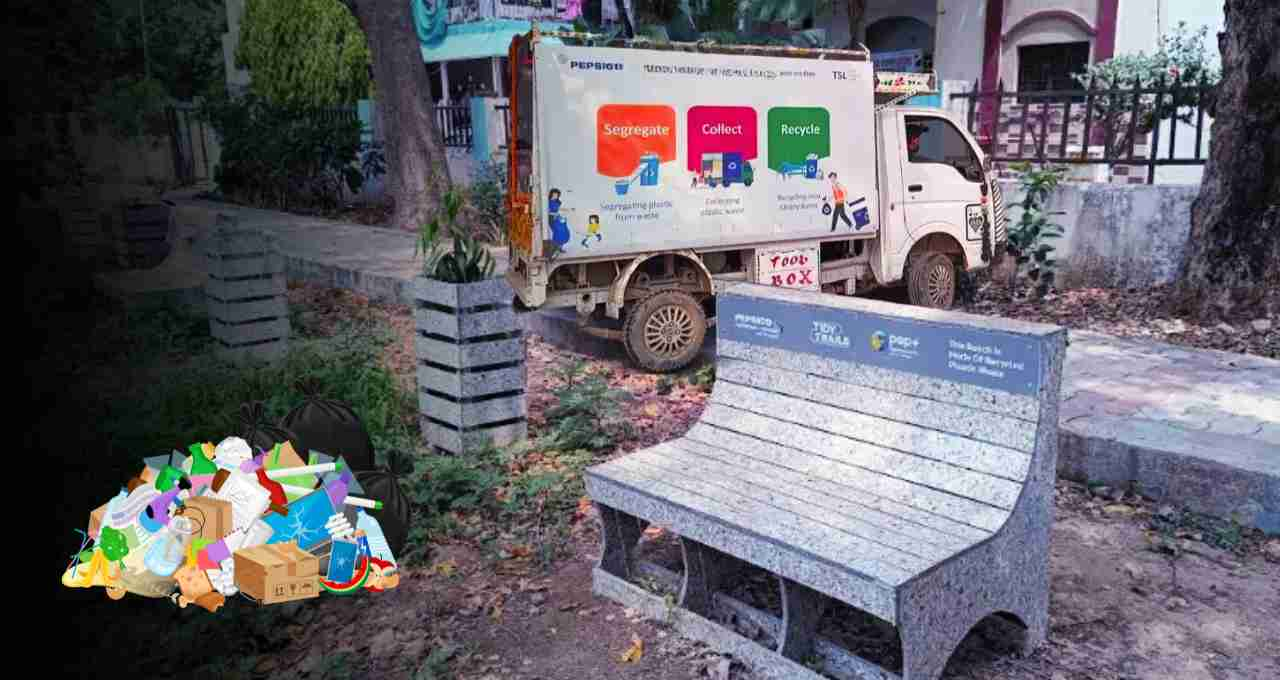
Awareness and Participation
This program emphasizes raising awareness beyond just waste management. Public participation is ensured through various means:
- Awareness campaigns through signboards and information boards
- Involvement of local communities, shopkeepers, and students
- Cleanliness pledges and community gatherings
- These campaigns are fostering a positive attitude towards cleanliness and plastic management among people.
Government and Industry Partnership
Programs like Tidy Trails demonstrate that if the government, industry, and society work together, solutions to environmental problems are possible. Central and state governments are also continuously working on sanitation and waste management. Initiatives like the Swachh Bharat Mission and plastic bans are efforts in this direction.
Statistics Related to Plastic Waste
India generates approximately 3.5 million tons of plastic waste annually, a significant portion of which remains unusable. According to a report by the Central Pollution Control Board (CPCB), about 60% of plastic in the country is recycled, while the remaining waste is discarded in the open. In this situation, initiatives like ‘Tidy Trails’ are being seen as a positive step towards the responsible disposal of plastic waste.
